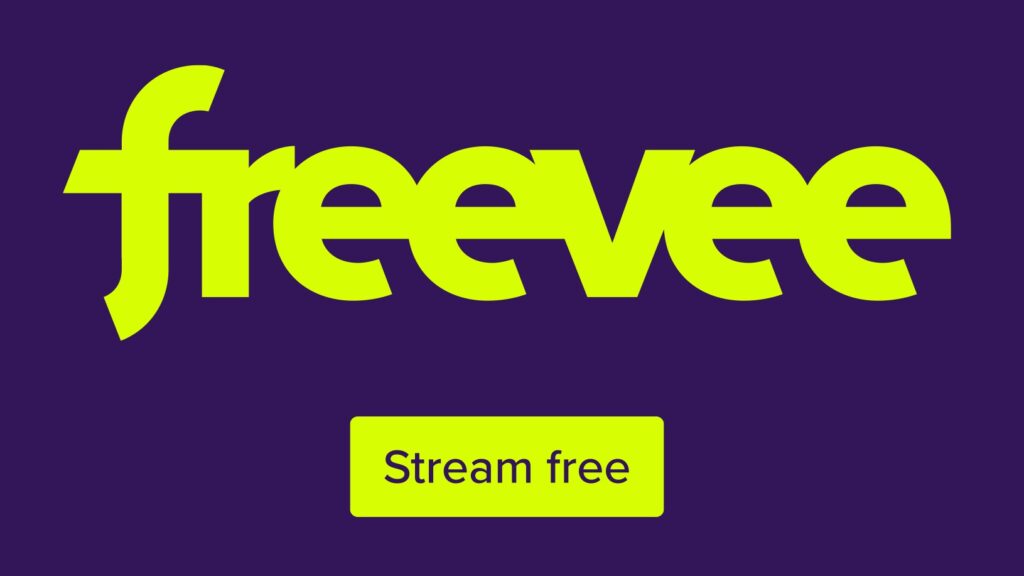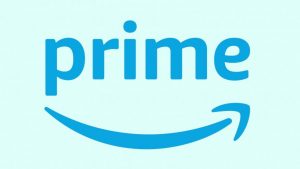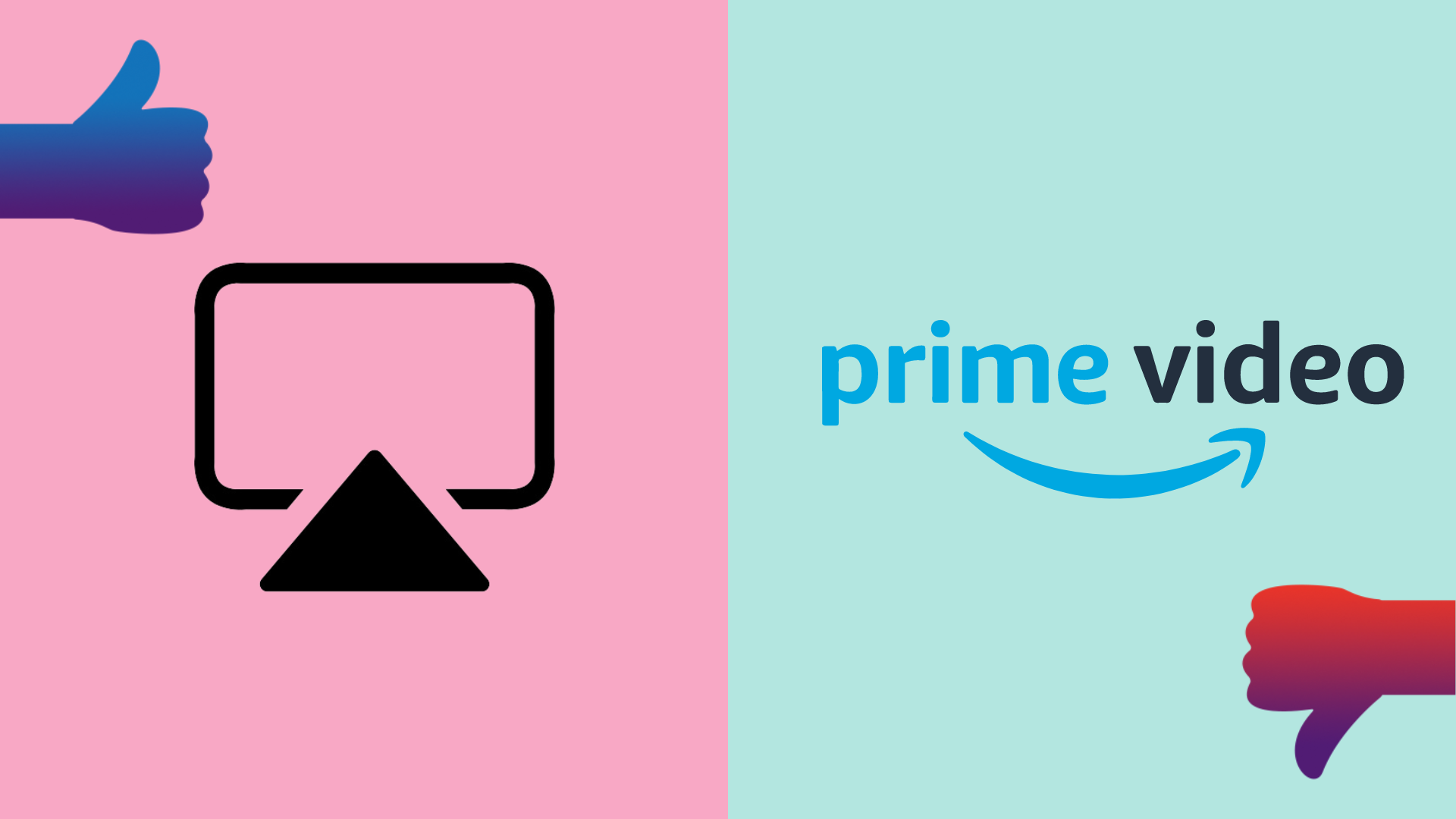Sound and Vision: An ad-supported tier won’t bring more viewers to Prime Video, but better content will

OPINION: It has emerged that Amazon is potentially following in the same direction as Netflix and Disney+ by offering a (possibly) cheaper ad-supported tier to customers.
There are positives and negatives to this, of course, but if there does end up being a cheaper option, the presumption is that most would be happy to pay less to get ads. It’s not as if an ad-supported tier to a video streaming service is a new concept – ITVX and Channel 4 offer free access with ads, while Paramount+ and Max (formerly HBO Max) have cheaper ad-supported tiers to choose from.
Despite that, it feels as if we’re in a confusing time for video streaming services. With subscriber growth seemingly stalling for many but budgets becoming ever-more expensive – Citadel was a six-episode series that reportedly cost $300 million – there’s a need to cover the costs of commissioning these shows.
And, terrible name aside, Freevee with its ad-supported model seemed like Amazon’s punt into the ad-supported arena. Recently it’s added more premium content to the service (and in 4K too) but I wonder whether people are aware of its existence and what it offers, given it is free to watch.

From what was a simple enough means of understanding what you’re getting has become more complicated, not less with all the tiers and benefits that come with each one. The feeling I get is that nobody is sure about the direction to take, but because an ad-supported tier makes the service a) less expensive and therefore more attractive and b) brings in more revenue through advertisers; that’s the option streamers are moving towards. We’ve pretty much gone back to watching TV, except it’s online and on-demand.

Sign up to Amazon Prime
Want to enjoy free next-day delivery and access to Prime Video? You can sign up to a free 30-day trial of Amazon Prime right now.
- Amazon
- Cancel any time
- 30-day free trial
However, we all have our preferences, and an ad-supported tier won’t cause someone to jump ship from one service to another on its own. It might tempt those on the fence to have a look but content, as always, is king, and if you haven’t got something that people want to watch anyway, they’re not going to be signing up to the service regardless of how much it costs.
And that, to me, seems like the crux of the issue. Slowly but surely, the popular original TV series of the last several years have ended or are ending. Succession, Better Call Saul and Ted Lasso are over, the next seasons of House of the Dragon and Euphoria are a while away; The Marvelous Miss Maisel and Stranger Things are also ending, The Boys is reaching its final season, and there’s not the same level of enthusiasm about upcoming Star Wars and Marvel series as there was in 2020.

Who’s next to take the crown? That’s tricky to know since streamers seem so keen to cancel a series before it can build an audience. And where Prime Video is concerned, Rings of Power was grandiose and visually spectacular and Citadel offered hard-hitting action, I found the stories for both to be underwhelming.
The art of long-running storytelling and shows is on the wane. There’s no 20+-episode run of 24, Lost or Battlestar Galactica to get stuck into, instead there are lots of expensive-looking limited series and 10-episode runs every few years. There’s a lot of content to watch, but arguably not as much that people love and engage with.
It could be that ad-supported tiers work a treat – it does sound like Netflix is happy with the ‘Basic’ tier, but it’s still losing subscribers and that can’t be good in the long run to stem the tide of rising budgets. It makes the current writer’s strike in Hollywood seem ever more important. You won’t attract many viewers if your content isn’t compelling.








